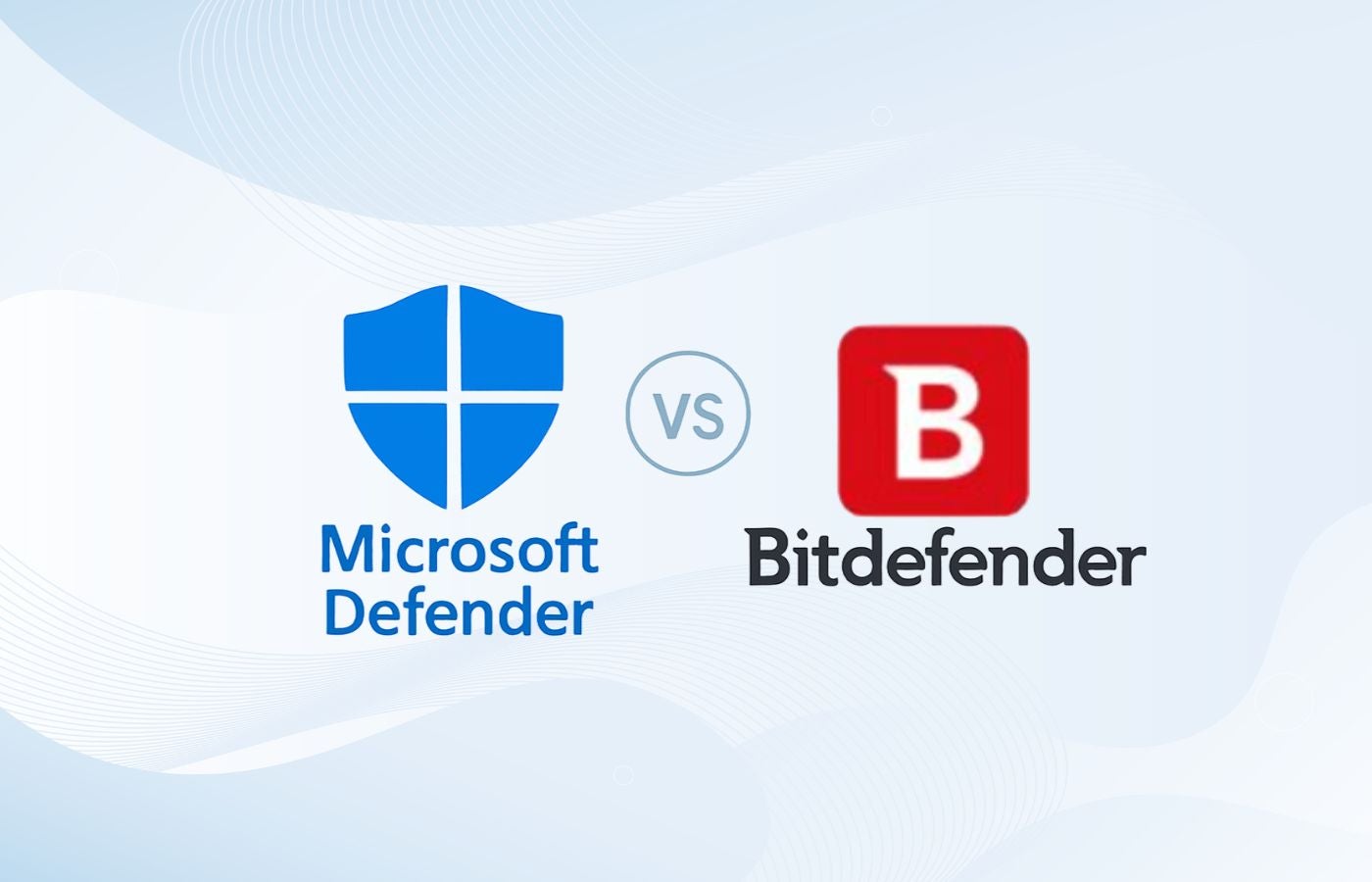See the complete list of top 10 Endpoint Detection and Response solutions.
Company description: Founded in 1982, Symantec has more than 11,000 employees in 35 countries.
Product description: Symantec Endpoint Protection 14 (SEP) is said to stop 99.9% of advanced threats. The company’s EDR add-on augments that with incident investigation and response. It uncovers breaches by monitoring endpoint events and applying AI and behavior analysis to identify suspicious activity. It also includes threat intelligence, machine learning, exploit prevention and behavior analysis to protect against unknown threats and block them across the entire attack chain.
“The differentiators of Symantec EDR are our center for advanced machine learning where data scientists are continuously applying modern AI techniques to uncover breaches,” said Naveen Palavalli, Symantec’s director of Endpoint Strategy. “A cloud sandbox detonates suspicious files in virtual environments and physical servers.”
Markets and use cases: Symantec advocates its EDR add-on for all SEP customers. The company boasts a quarter of all endpoint deployments worldwide and nearly 350,000 customers. Deployments are typically in organizations with 700 employees and above.
Agents: SEP utilizes an agent. Symantec EDR is then deployed without the need for an additional endpoint agent.
Applicable metrics: Symantec boasts the world’s largest threat intelligence network informed by 175 million endpoints and 57 million sensors including honey pots. It can scale to hundreds of thousands of endpoints.
Security qualifications: FISMA, USGCB/FDCC, OMB 06-16, FIPS 140-2, DCID 6/3, IAVA, Section 508 of the U.S. Rehabilitation Act
Intelligence: AI powered by advanced machine learning (AML) lies at the core of its EDR and SEP products.
Delivery: Physical or virtual appliance. Users install the appliance on-premises and configure it to work with SEP.
Pricing: The retail price is $40 per seat per year.




